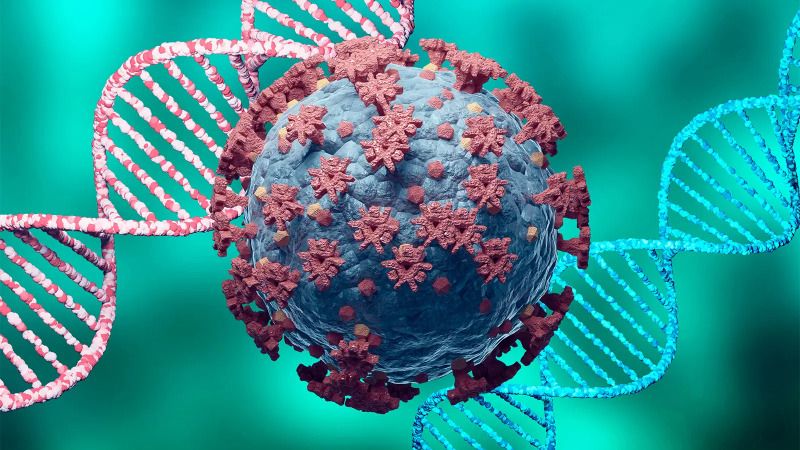
In a recent twist, the JN.1 variant has emerged as the fastest-growing COVID-19 strain, characterized by a notable spike protein mutation (L455S). Health experts express concerns about its higher transmission rates, prompting heightened vigilance and monitoring of its impact on public health. Despite its rapid spread, current evidence suggests no increased severity compared to other variants, offering reassurance amid the surge. CDC projections indicate JN.1 could constitute 15–29% of SARS-CoV-2 genomic sequences, urging the public to stay informed and adhere to recommended safety measures. JN.1 shares a lineage with BA.2.86, differing by a single change in the spike protein. First detected in September 2023, JN.1 has rapidly gained prominence. Symptoms remain similar to other strains, including sore throat, congestion, cough, fatigue, and fever, emphasizing the importance of early detection. Vaccination is crucial! Updated COVID-19 vaccines are expected to provide increased protection against JN.1, underlining the importance of getting vaccinated. CDC continues monitoring JN.1's spread, collaborating globally to understand its behavior and response to vaccines. As COVID-19 activity rises, consider an updated vaccine to shield against JN.1 and other variants, reinforcing the collective effort to combat the virus. Stay informed, stay safe. Your health matters and knowledge empowers us to navigate these challenging times together.
